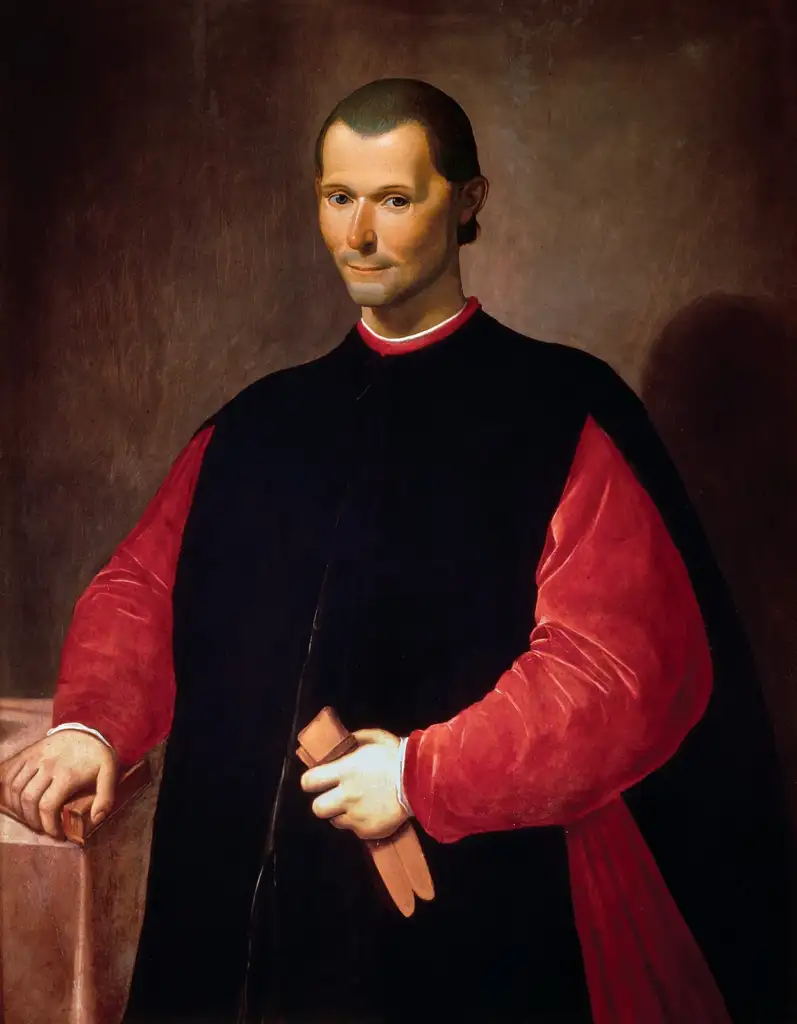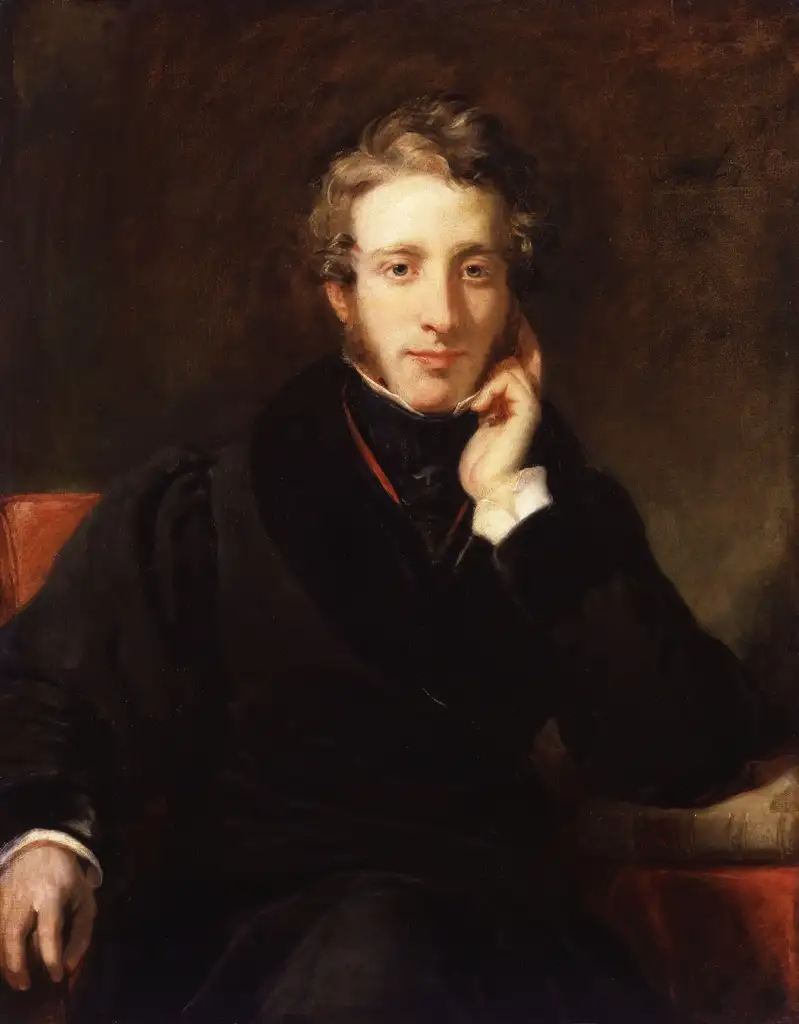Quotes have a way of capturing profound truths and memorable sentiments in just a few words. However, over time, many famous quotes have been misattributed, leading to widespread misconceptions about their origins. In this list, we explore 20 well-known quotes that are often incorrectly credited to famous figures. By uncovering the true sources of these sayings, we aim to set the record straight and provide a fascinating look at how words can take on a life of their own. From misunderstood attributions to completely fabricated origins, these quotes highlight the importance of accuracy in the stories we share and the wisdom we pass down.
1. “Be the change you wish to see in the world.”

- Misattributed to: Mahatma Gandhi
- Actual Source: The quote is a paraphrase of Gandhi’s philosophy but not a direct quote from him.
2. “Let them eat cake.”

- Misattributed to: Marie Antoinette
- Actual Source: Jean-Jacques Rousseau mentioned this phrase in his work “Confessions,” written before Marie Antoinette was queen.
3. “Elementary, my dear Watson.”

- Misattributed to: Sherlock Holmes
- Actual Source: This exact phrase never appears in Arthur Conan Doyle’s stories; it was popularized by adaptations.
4. “The only thing necessary for the triumph of evil is for good men to do nothing.”

- Misattributed to: Edmund Burke
- Actual Source: The quote cannot be found in Burke’s writings and is likely a summary of his ideas.
5. “I disapprove of what you say, but I will defend to the death your right to say it.”

- Misattributed to: Voltaire
- Actual Source: The phrase was written by Evelyn Beatrice Hall to summarize Voltaire’s beliefs in her book “The Friends of Voltaire.”
6. “Insanity is doing the same thing over and over and expecting different results.”

- Misattributed to: Albert Einstein
- Actual Source: The origin of this quote is unclear, but it was popularized by Alcoholics Anonymous.
7. “If I had more time, I would have written a shorter letter.”

- Misattributed to: Mark Twain
- Actual Source: Variations of this quote have been attributed to Blaise Pascal and others before Twain’s time.
8. “The ends justify the means.”

- Misattributed to: Niccolo Machiavelli
- Actual Source: Machiavelli never wrote this phrase directly; it is a simplified interpretation of his ideas in “The Prince.”
9. “There’s a sucker born every minute.”

- Misattributed to: P.T. Barnum
- Actual Source: The quote is more likely from a competitor, David Hannum, criticizing Barnum.
10. “Good artists copy; great artists steal.”

- Misattributed to: Pablo Picasso
- Actual Source: The phrase was likely adapted from T.S. Eliot’s “Immature poets imitate; mature poets steal.”
11. “You must be the change you want to see in the world.”

- Misattributed to: Mahatma Gandhi
- Actual Source: This is a paraphrase and not a direct quote from Gandhi.
12. “God helps those who help themselves.”

- Misattributed to: The Bible
- Actual Source: The phrase is from Benjamin Franklin’s “Poor Richard’s Almanack.”
13. “Blood, sweat, and tears.”

- Misattributed to: Winston Churchill
- Actual Source: Churchill said “blood, toil, tears, and sweat” in a 1940 speech.
14. “Money is the root of all evil.”

- Misattributed to: The Bible
- Actual Source: The actual Bible verse is “For the love of money is the root of all evil” (1 Timothy 6:10).
15. “Houston, we have a problem.”

- Misattributed to: Jim Lovell
- Actual Source: The actual quote from the Apollo 13 mission was “Houston, we’ve had a problem here.”
16. “The definition of insanity is doing the same thing over and over again and expecting different results.”

- Misattributed to: Albert Einstein
- Actual Source: The true origin of this quote is unclear, and it does not appear in Einstein’s writings.
17. “Eighty percent of success is showing up.”

- Misattributed to: Woody Allen
- Actual Source: While Allen is often credited, there is no definitive source confirming he said this.
18. “Live long and prosper.”

- Misattributed to: Spock (Star Trek)
- Actual Source: While Spock popularized it, the phrase has roots in Jewish culture, specifically the Priestly Blessing.
19. “I cannot tell a lie.”

- Misattributed to: George Washington
- Actual Source: This quote comes from a myth popularized by Parson Weems in a biography of Washington.
20. “The pen is mightier than the sword.”

- Misattributed to: Edward Bulwer-Lytton
- Actual Source: Bulwer-Lytton wrote this phrase in his play “Richelieu; Or the Conspiracy,” not as a personal statement.



